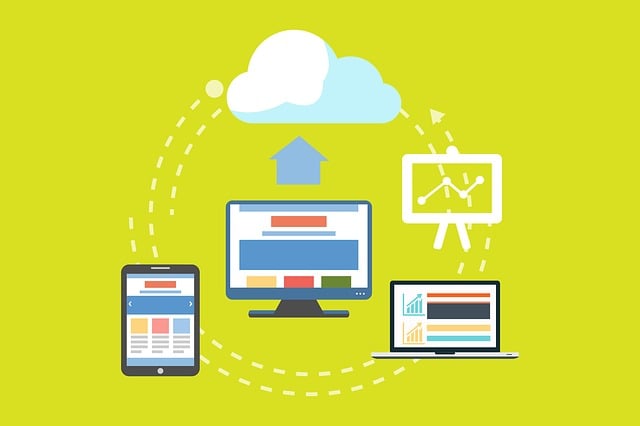
Protect Your Users’ Data Privacy in WordPress
In the digital age, data privacy is a growing concern. Users’ personal and sensitive information has become a valuable asset, and as a WordPress website owner, it is your responsibility to ensure the security and privacy of this data. In this article, we will explore how you can protect the privacy of your users’ data in WordPress and build a trusting relationship with your audience.
1. Use an SSL Certificate
An SSL (Secure Sockets Layer) Certificate is essential for the security and privacy of the data on your website. This certificate encrypts the communication between the user’s browser and the server, which protects the personal and financial information that is transmitted. Make sure your site is configured to use HTTPS instead of HTTP.
2. Update WordPress and your Plugins Regularly
Keeping your WordPress installation and plugins up to date is critical to protecting the privacy of your users’ data. Updates often include security patches that fix known vulnerabilities. Failure to keep your site up to date can leave it vulnerable to attacks and security breaches.
3. Use Trusted Security Plugins
There are several security plugins available for WordPress that can help you strengthen data protection on your site. Some popular ones include Wordfence, Sucuri Security and iThemes Security. These plugins offer features such as malware detection, firewall and security monitoring.
4. Manage Passwords Carefully
Encourage the use of strong passwords for both users and site administrators. Establish strong password policies and require two-factor authentication whenever possible. Proper password management is essential to prevent unauthorized access.
5. Limit Access to Sensitive Data
If your Web site stores sensitive user information, such as credit card data or medical information, be sure to limit access to authorized personnel only. Implement security measures, such as access controls and authentication, to protect this data.
6. Make Regular Backups
Backups are a lifesaver in case of disasters. Be sure to make regular backups of your data and set up a recovery plan in case of data loss or attacks.
7. Comply with Privacy Regulations
If you are handling user data in Europe, you must comply with the General Data Protection Regulation (GDPR). Even if you don’t operate in the European Union, following privacy and security best practices will help you build a trustworthy reputation.
8. Monitor and Respond to Security Incidents
Have a plan in place to monitor and respond to security incidents. If you experience a data breach, it is important to communicate it transparently to those affected and take steps to remediate the situation.
In summary, protecting the privacy of your users’ WordPress data is essential to building and maintaining the trust of your audience. By following these security and privacy practices, you can ensure that your users’ data is safe and that your website is a trusted and secure space online. Data privacy is not only a legal responsibility, but also an ethical imperative and a competitive advantage in today’s digital world.



